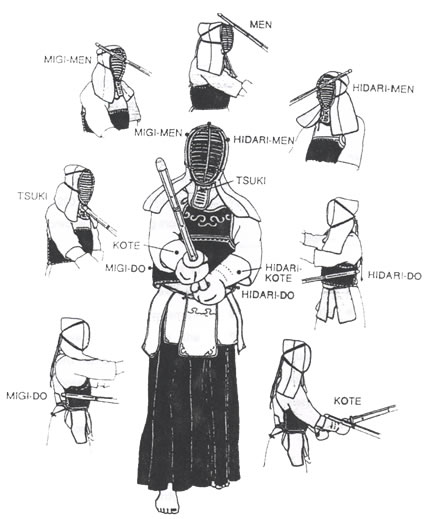And there's little reason to think that the people on the top of that structure, even if they were generally good folks, would have not only disliked, but actively opposed, a codification of their power and status.
There is actually a very good reason to think this: none of the Kami needed any sort of codification of their power and status. These things were beyond question from the beginning, and those who disagreed were eventually forced to flee. Their sheer existence was enough, the caste system was completely redundant in this regard.
This, in an extent, applied to all the samurai at the dawn of the empire. They were literally the only people who could protect Rokugan from Fu Leng, and that alone showed that their status and power was absolute. Again, it was all about deeds - samurai did not become the rulers because of some obscure birthright but because they were undeniably the best people available for the job. So this route isn't good either in my opinion.
As much as I agreed with you on the general issue that there are kinks and inconsistencies in Rokugan as presented...
I think you might be expecting a human culture, particularly a pre-modern culture, to maybe make a bit more rational and empirical sense than is fair. Real-world human cultures have believed things far more "nuts" by our standards than the general concept of the Rokugani caste system. The Indian caste system is still clinging to bits of its existence in that country, even now, and at one time it was FAR harsher in ways than the system we see presented in L5R.
And while the Indian caste system had the weight of human belief on its side, it never had the actual weight of literal walking talking demigods behind it.
Now, that said, I do think that perhaps the caste system of Rokugan is actually more strict and harsh than the Japanese example on which it's based, and could use a little work if presented anew in a 5th edition setting.
